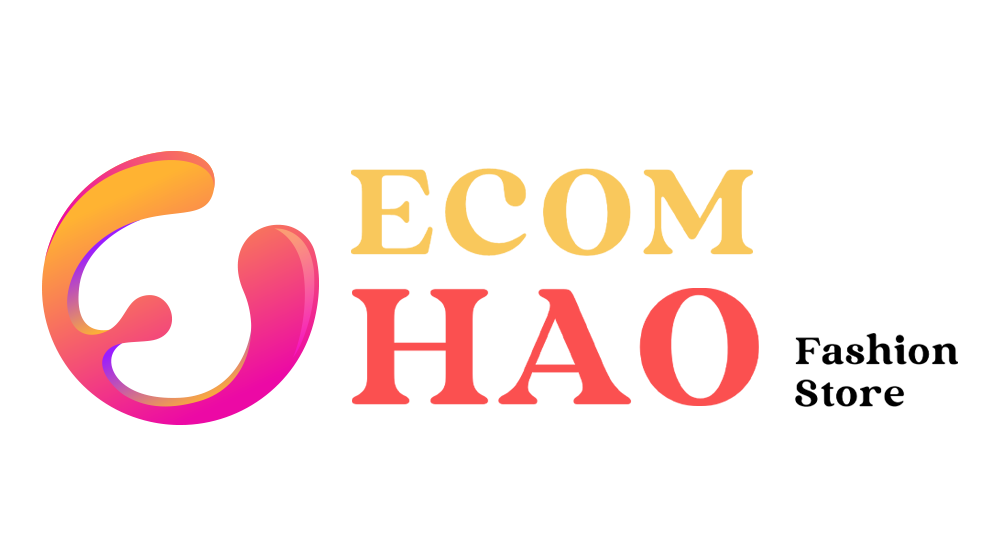World News
Soy and Breast Cancer: Debunking Myths and Highlighting Health Benefits
For years, soy has been at the center of health debates, with conflicting narratives about its effects on breast cancer. However, recent research is turning the tide, showcasing how soy may lower the risk of breast cancer, contrary to previous misconceptions. This article explores the science behind soy’s benefits, its role in a balanced diet, and how it can be integrated into a cancer-preventive lifestyle.
Breaking Down the Myths About Soy and Estrogen
Soy contains isoflavones, a type of plant-based compound that mimics estrogen. This led to the initial belief that soy might increase breast cancer risk, particularly for hormone-receptor-positive breast cancers. However, research now shows that isoflavones act differently from estrogen in the body, often exerting protective effects.
Studies indicate that isoflavones may bind to estrogen receptors in a way that blocks stronger, naturally occurring estrogens from promoting cancer cell growth. As a result, soy consumption is associated with a decreased risk of breast cancer, particularly in populations with diets high in soy, such as East Asian countries.

How Soy Supports Breast Cancer Prevention
Research highlights several ways soy may contribute to reduced breast cancer risk. Isoflavones have anti-inflammatory and antioxidant properties, which help protect cells from damage and reduce cancer-promoting conditions. Additionally, soy-rich diets have been linked to improved hormonal balance, particularly in postmenopausal women, where excess estrogen activity can heighten breast cancer risk.
Clinical studies also point to the benefits of soy for breast cancer survivors. Regular soy consumption may lower the risk of recurrence and support overall health during and after treatment.
Incorporating Soy Into a Healthy Diet
Integrating soy into daily meals is simple and versatile. Common soy products include tofu, tempeh, edamame, soy milk, and soy protein. These options can replace less healthy proteins, such as processed meats, offering a heart-healthy alternative that aligns with cancer-preventive dietary guidelines.
To maximize benefits, experts recommend choosing minimally processed soy products. For instance:
- Tofu: Use as a base for stir-fries, soups, or smoothies.
- Tempeh: Add to salads, sandwiches, or wraps for a nutty flavor and high protein content.
- Edamame: Snack on steamed edamame or toss them into grain bowls.
- Soy Milk: Substitute for dairy milk in cereals, coffee, or baking.

What the Experts Say
Oncologists and nutritionists are now urging patients to reconsider soy as part of a cancer-preventive diet. Dr. Kristi Funk, a breast cancer surgeon and author, emphasizes that soy is not only safe but also beneficial for breast health. Her advocacy for soy underscores its role in reducing breast cancer risk without the feared hormonal side effects.
Funk encourages patients to embrace soy as a plant-based protein, particularly in its natural forms, avoiding overly processed soy-based snacks or additives.
Looking Ahead: The Role of Soy in Public Health
The evolving science around soy and breast cancer is a testament to the importance of evidence-based dietary recommendations. As new research continues to dispel myths, soy is poised to become a key component of preventive health strategies for women worldwide. Public health campaigns and educational efforts are crucial in reshaping perceptions and encouraging informed dietary choices.
Conclusion
Soy is emerging as a powerful ally in breast cancer prevention and overall health. By integrating soy into balanced diets and understanding its unique properties, individuals can harness its protective benefits without fear of negative consequences. As the science continues to unfold, soy stands as a symbol of how informed choices can make a lasting impact on health and well-being.
From Ecomhao

